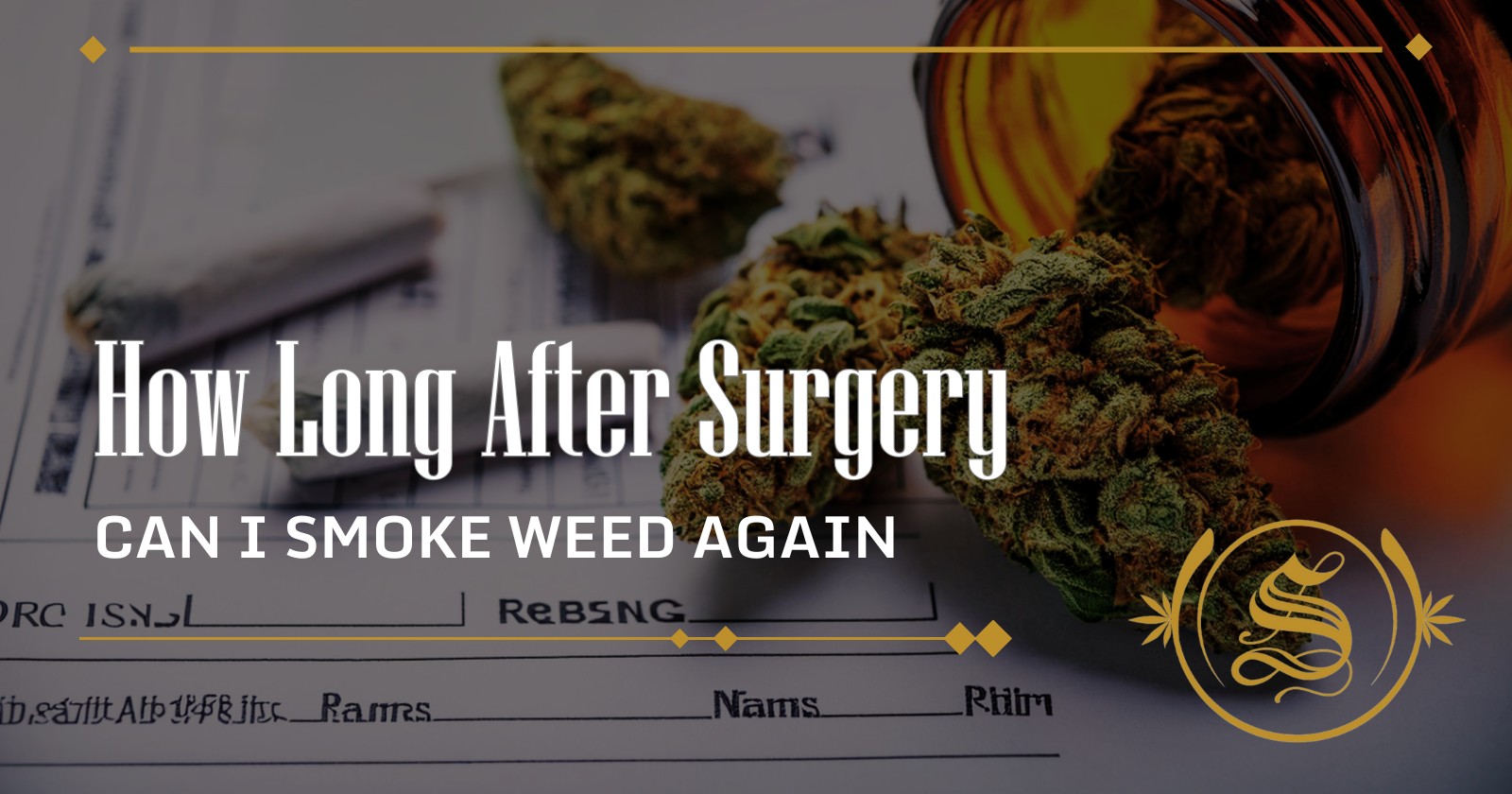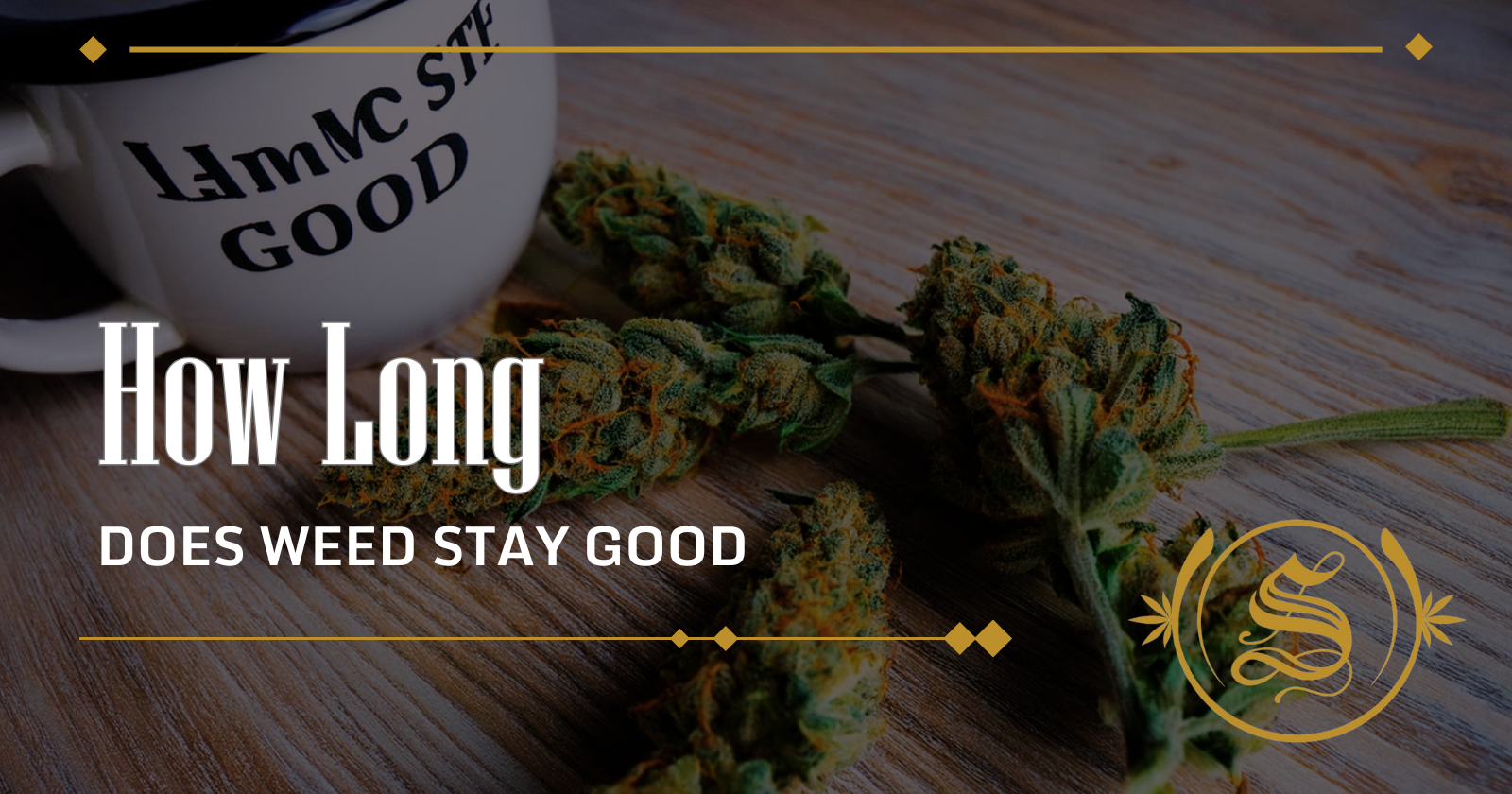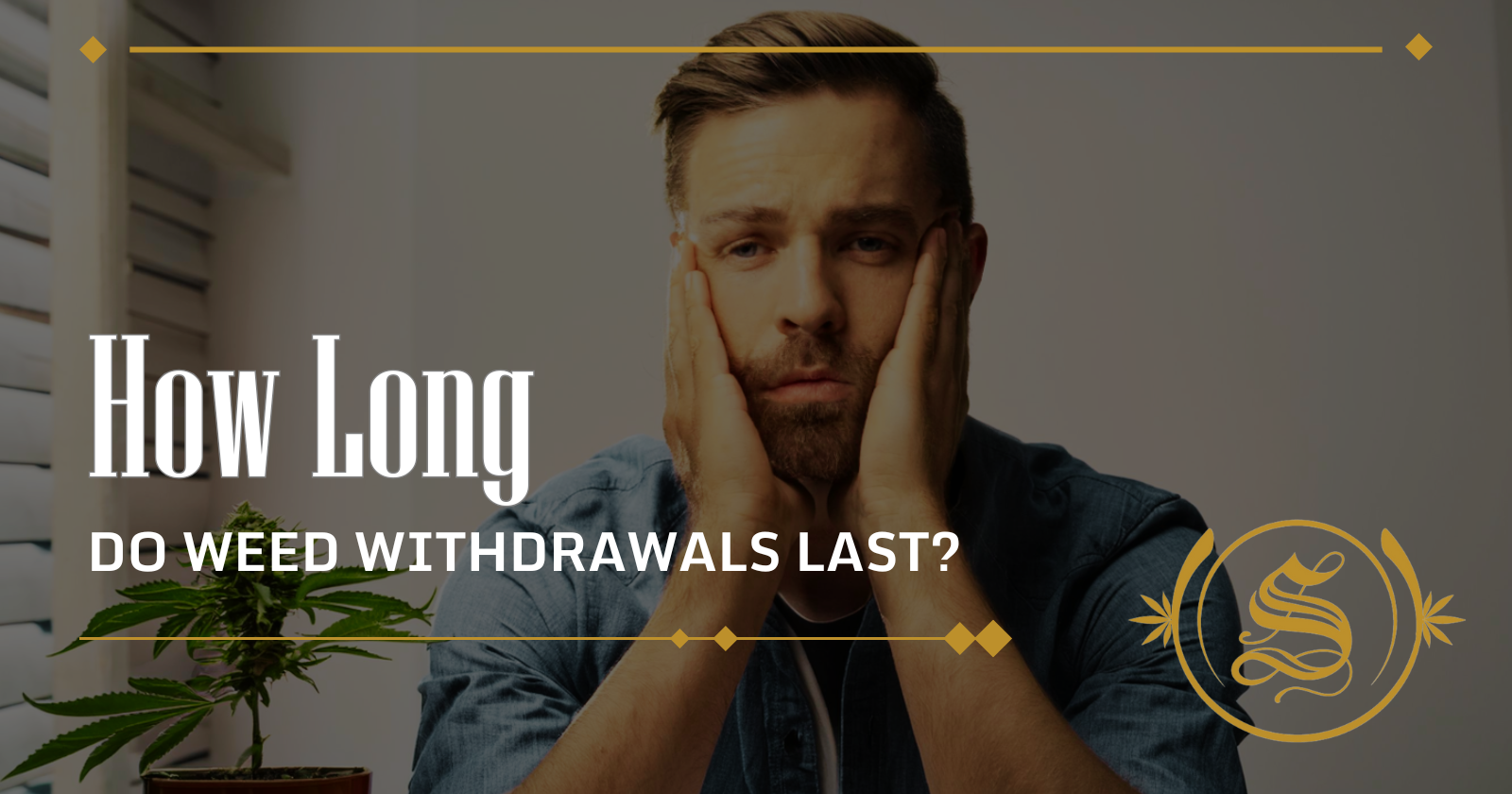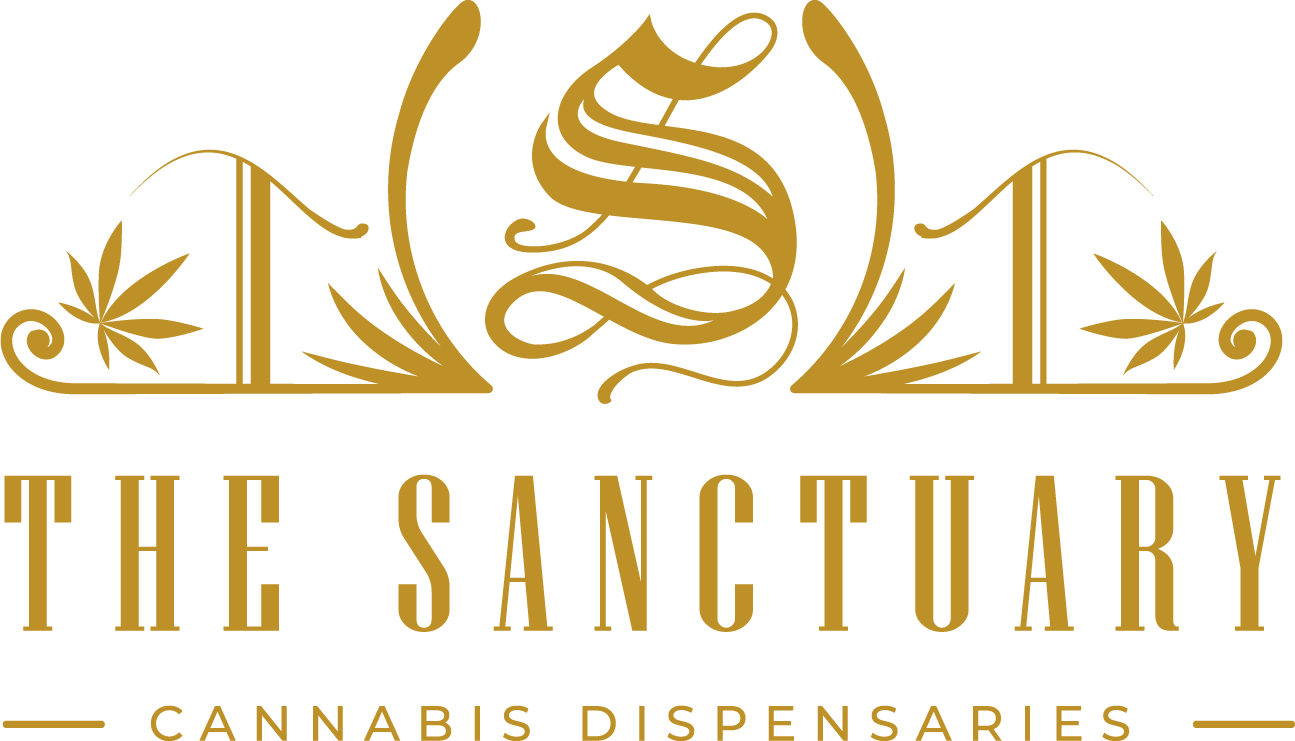Iftikhar Alam
Author
Reviewed by Cannabis Experts
Published on: January 5, 2022 | Updated on: September 10, 2024
As one of the most common ailments in the United States, according to the CDC, high blood pressure (HBP) or hypertension teeters into the territory of an epidemic and potential side effects turn some people away from leading medications.
If that is the case, what are some of the alternative treatments that people turn to instead? Among the top of that list is cannabis.
Federal regulation, technically a lack thereof, prevents cannabis from being a listed medication for HBP. However, a number studies have the data to support cannabis, particularly strains high in CBD, not only lowers blood pressure and reduces hypertension, but usually does so with minimal side effects.
What is CBD?
To explain, CBD, also known as cannabidiol, is the second-most prevalent component in cannabis: It is a non-psychoactive ingredient extracted directly from the cannabis flower and concentrated for its medicinal benefits.
On its opposite side, THC (the most well-known component of cannabis) is psychoactive, meaning that it gives you a psychological high: CBD technically does give you a high, but it works with receptors in the brain to give you a calming effect without inebriation or hallucinations.
It’s no surprise that CBD is most often used for treating anxiety, chronic pain and symptoms of cancer among a myriad of conditions, but recent studies have also shown a strong effect on lowering high blood pressure.
How CBD Decreases Blood Pressure
Smoking regular cigarettes has been linked to heart complications including HBP, but cannabis cigs or joints have shown the opposite effect: Strains of cannabis that are particularly high in CBD and low in THC showed a significant drop in blood pressure across the board.
One of the common side effects of excessive cannabis use in general is short term memory loss, taking several weeks to recover from in some cases. However, this seems to only be the case for psychoactive, THC strains as opposed to CBD, which can actually benefit memory.
Interestingly enough, it affected certain age groups slightly different but overall, the loss of high blood pressure was virtually identical, and here’s how:
Adults Age 60 and Older
In recent years, seniors have increasingly been the control groups for medicinal cannabis studies due to the data supporting how it lowers heart rate, blood pressure and pain: some of the most common medical conditions for their age group.
Dr. Ran Abuhasira’s study of cannabis use in senior citizens, the very first of its kind, found that adults 60 years of age and older showed ‘significant reduction’ in diastolic blood pressure just three hours after smoking cannabis or taking CBD extracts.
Granted, this was a small study of 26 volunteers, but they were all relatively close in age and almost perfectly split between males and females to see if there were noticeable differences between the genders.
Also, night time showed the biggest drop in blood pressure all together. In late hours, patients were more relaxed and getting ready for bed, sleep being the ultimate state of relaxation, but each patient’s blood pressure always hit its lowest recorded point post-consumption.
Adults Age 20 to Middle Age
The most credited study for CBD-reduced blood pressure in younger adults was conducted in 2017 at the University of Nottingham, where patients were given basic stress tests preceding controlled spikes in mental stress (a very typical cause of high blood pressure), then they were administered one dose of CBD each.
Every. Single. Subject had experienced a drop in blood pressure post consumption, and not a single adverse effect had been reported over the following week.
As a common result across the board and across all age groups, CBD also has a similar effect on heart rate (we see a noticeable decrease) due to the active ingredient triggering relaxation in your brain.
While the data and studies for CBD treating Tachycardia (irregularly fast heart rate) remains scarce, the same cannot be said for CBD treating HBP as these studies continue.
Other Supporting Studies (and When to Limit Use)
According to Dr. Bonni Goldstein’s article with Weedmaps, her patients showed periods of white-outs, or in this case, green-outs, where their blood pressure suddenly dropped in a similar fashion. However, Dr. Goldstein acknowledged that such effects “all depend on dosage, method of consumption, their general reaction to THC and other underlying health conditions.”
For these reasons, Dr. Goldstein suggests careful consumption, as some instances show a steep enough drop in blood pressure to cause vertigo or fainting, and certain drugs or medications should not be taken along with CBD.
Similarly, further studies showed an increase in blood pressure or heart rate 10 to 15 minutes after consumption, depending on the strain, while blood pressure noticeably decreases the following couple of hours.
So, it is theorized that occasional cannabis users have the chance to regulate their blood pressure if their consumption is still consistent enough to be immune to initial effects: i.e. If over time, a user builds tolerance to the initial spike in blood pressure, CBD strains can then be used to keep it under a certain level.
The Medication Alternative
While still not formally recognized as a medication for HBP, how does CBD compare to traditional blood pressure medications? We’ve seen CBD work within hours following a common increase, but what about side effects? To compare, we need to examine the side effects of the most common HBP drugs on the market:
- Diarrhea
- Nausea/vomiting
- Feeling weak or lacking energy
- Erectile Dysfunction
- Unintentional weight gain or weight loss
- Headache
- Temporary skin rash similar to psoriasis
At the same time, common CBD side effects include:
- Coughing
- Short increase in heart rate
- Increased thirst and appetite (a.k.a. the munchies)
- Dry mouth
CBD consumption still needs to be moderated as any other substance regardless of benefits, but side effects are a major deterrent of medications if they are extremely severe, and comparatively, this is not the case with CBD.
Verywell Health also notes that ideally, standard HBP medication works at the time of day to coincide with the time that your blood pressure is at its peak, but it can typically take 4-15 hours for the medication to fully work. So not only would CBD effectively work quicker than most medications, its blood pressure decreases when used are so common that the results with CBD are far more certain.
Ideal Strains for High Blood Pressure
The fun part (for some) is that when you’re looking for cannabis or CBD as a medicine to help your blood pressure, you have a few different options (KEEP IN MIND: You should always ask a professional about recommended strains and doses).
For example, you would want a high, or at least moderate, CBD -low-THC ratio, also known as chemotype III, so you can still have the benefits of cannabis without the inebriation of THC:
- Cannatonic,
- AC/DC
- Charlotte’s Web
These are just some of the strains high in CBD and low in THC, making them the perfect candidates for healing or treatment while minimizing the side effects found in high THC strains (a.k.a. where the ‘high’ comes from). As long as you’re within the recommended dosage, ideally without other substances, cannabis and CBD is currently an unorthodox but beneficial treatment for high blood pressure, even rivaling the effectiveness of traditional medications.
The content provided on this blog is for informational purposes only and does not constitute medical, legal, or professional advice. Cannabis use is subject to local laws and regulations, which vary widely by jurisdiction. Always consult with a healthcare professional before starting any new treatment or altering an existing treatment regimen. The authors and publishers of this blog are not responsible for any actions taken based on the information provided herein. Use cannabis responsibly and in accordance with applicable laws. This blog is intended for adults aged 21 and over. The Sanctuary Dispensaries D186, D187.








